Windows 10 on Xbox One: What it really means for gamers
An interview and analysis on the changes coming to Xbox
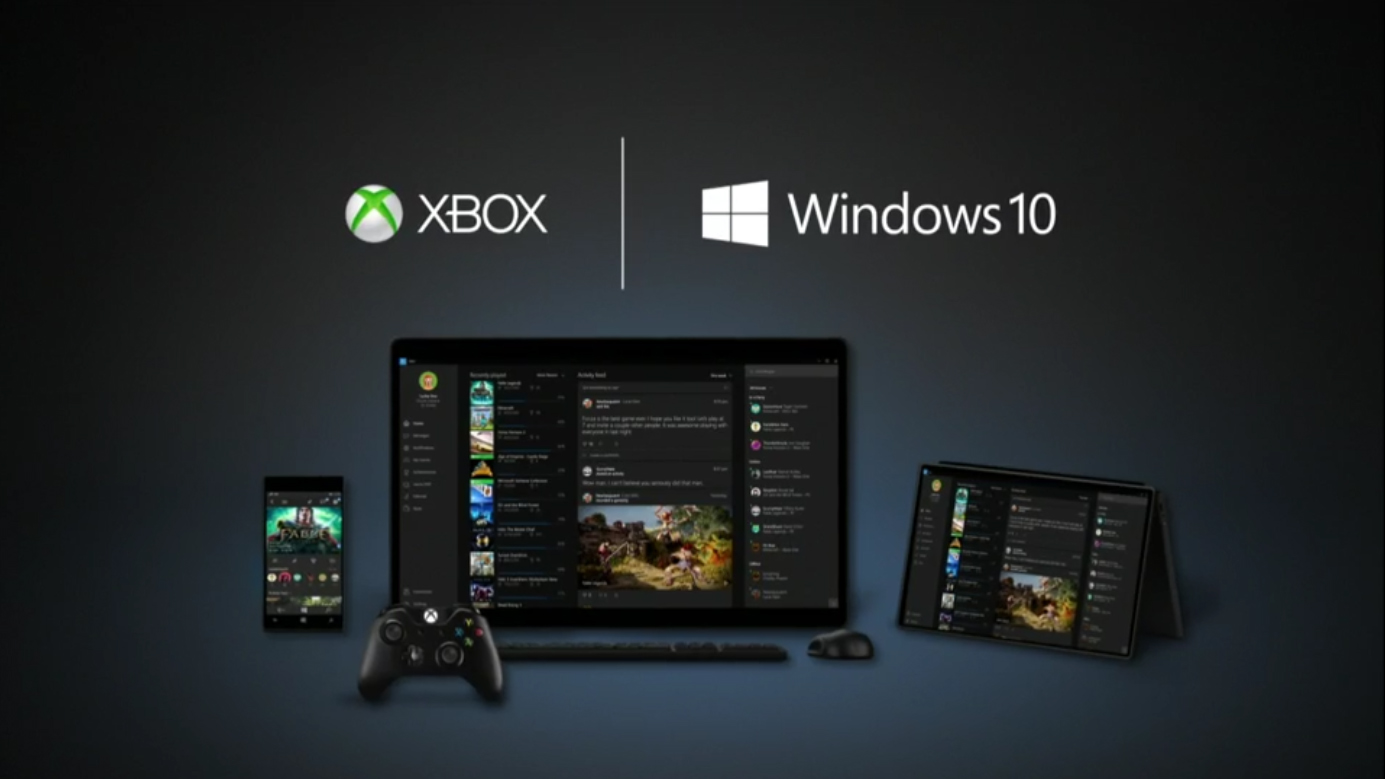
Windows is coming to Xbox, but why now?
Xbox and Windows have traveled down separate paths for the last 14 years, and in that time the gaming console has managed to be a smash hit without the ever-popular Windows name hanging from its collar. At the same time, Windows has gone in its own direction, maturing into a slick, feature-packed OS, culminating in Windows 10.
But now their paths are about to cross: Microsoft announced in August that Windows 10 is coming to the Xbox One. But what exactly does it mean for gamers, the people who use Xbox One the most? Master Chief-themed Excel documents?
I prodded Xbox's Director of Program Management, Mike Ybarra, to find out just why Windows is headed to the console and what it means for gamers. His quick and dirty list of accomplishments include being General Manager for Windows 7 and the Xbox Live team. Ybarra has also been busy lately laying the framework for upcoming titles like Quantum Break, ReCore and Scalebound.
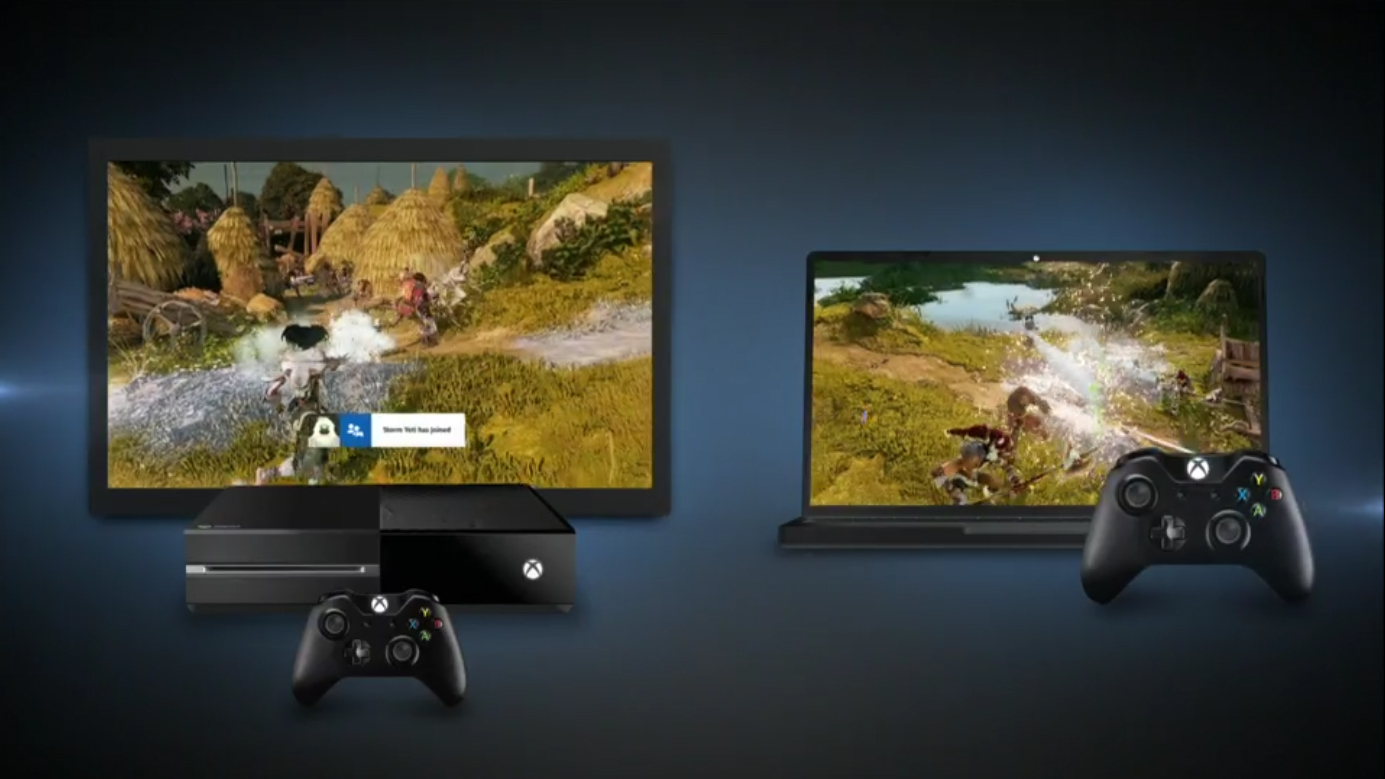
On finally merging Windows and Xbox
techradar: Windows 10 making its way to Xbox One isn't just a big deal for gamers, but for Microsoft, too. This is the first time Microsoft has incorporated such large portions of its desktop OS to a console. Xbox and Windows XP were kept apart, as was the Xbox 360 from Windows Vista and 7. Many design elements from Windows 8 did make it over to the Xbox One at launch, but could you detail how Microsoft plans to make an even bigger impact on the Xbox One with Windows 10?
Mike Ybarra, Xbox: At the very start of planning for Windows 10 coming to Xbox One, we knew we wanted an operating system that met and exceeded the needs of our gaming fans. Our goal with the New Xbox One Experience is to make the Xbox One an even better game console by evolving the things it already does well. We're doing this by delivering updates to the Xbox One experience that are inspired by fan feedback – such as making common tasks faster and easier. It's designed to be faster, more social, reliable, innovative, easier to use, and more personal - for both consumers and developers.
We know a large portion of people who play games on Xbox One also play games on a PC. So it was important to streamline the experiences between both gaming platforms. That's why we're excited to bring Windows 10 to Xbox One to improve the console experience, in addition to bringing Xbox gaming to Windows 10 with the Xbox app. The Xbox app brings the most important aspects of your gaming life together: Games, Friends, Messages, Activity Feed, Game DVR, Achievements, Xbox One navigation, and more, all on your Windows 10 devices.
As we look forward, we'll continue to listen to fan feedback and leverage Windows 10 to bring even more features and capabilities to customers.
Analysis
Windows 10 is coming to Xbox One aims to make it better for both gamers and developers in numerous ways. On the back end, having one operating system spread across PC and Xbox One should de-fragment the previously split development process, which will, hopefully, allow developers to focus more time on creating a better, one-size-fits-all experience.
For gamers, the merger offers promise to better, and more flexibly, incorporate their feedback in future updates. Also, Ybarra points out that Microsoft has already done a lot for gamers by bringing the Xbox experience to Windows 10 devices by way of Game DVR and wireless game streaming. We'll have to see what the future holds (fingers crossed for Windows 10 to Xbox One game streaming).
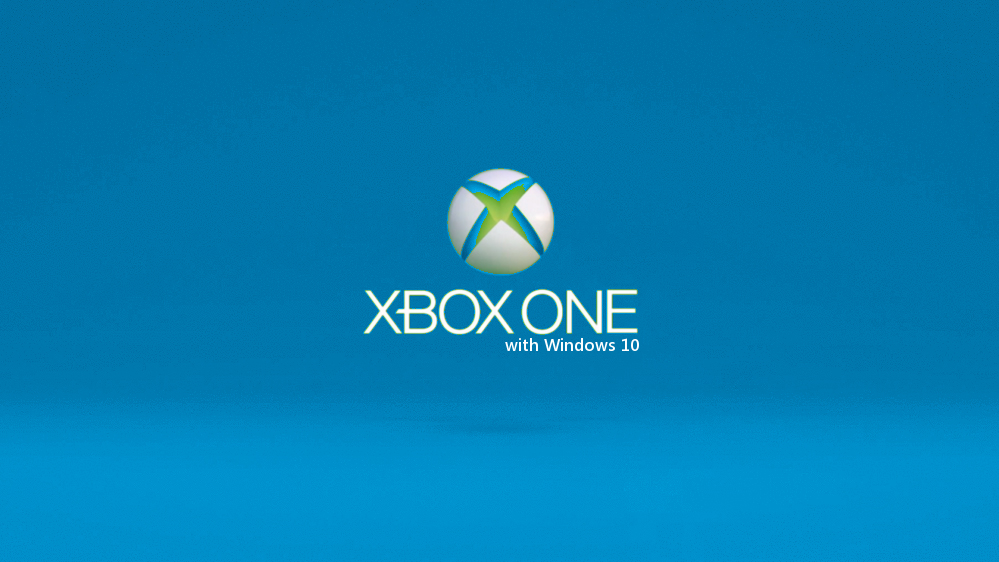
Bringing Xbox into the family
techradar: The New Xbox One Experience powered by Windows 10 will introduce the Universal Windows Applications platform to Xbox gamers. You mentioned that Xbox One developers will have access to many of the same tools that PC developers do to develop games, like DirectX 12. What other tools will developers of each platform have in common with the other to streamline the game and app creation process as much as possible?
Ybarra: We're working hard to make developing apps and games for both Windows 10 and Xbox One as easy as possible. For developers, Windows 10 brings one core operating system, one application platform, one gaming social network, one store, and one ingestion path across more than one billion devices. Looking ahead, with Windows 10 Universal Windows Applications, any developer can create a single game and target multiple devices, making it much easier to bring their content to gamers on all Windows 10 devices. We're seeing a lot of developer excitement in the possibility of creating apps that target a living room environment on Xbox One. It really opens up a lot of possibilities. All of the tools to create, submit and distribute will be the same for developers who create Universal Windows Applications across devices.
Analysis
Windows 10 on Xbox One now effectively means that Xbox One developers are also now Windows 10 developers, and vice versa. While this news doesn't directly benefit gamers out of the gate, developers who have stuck with PC games in the past now have little reason not to publish on Xbox One. More games are never a bad thing.
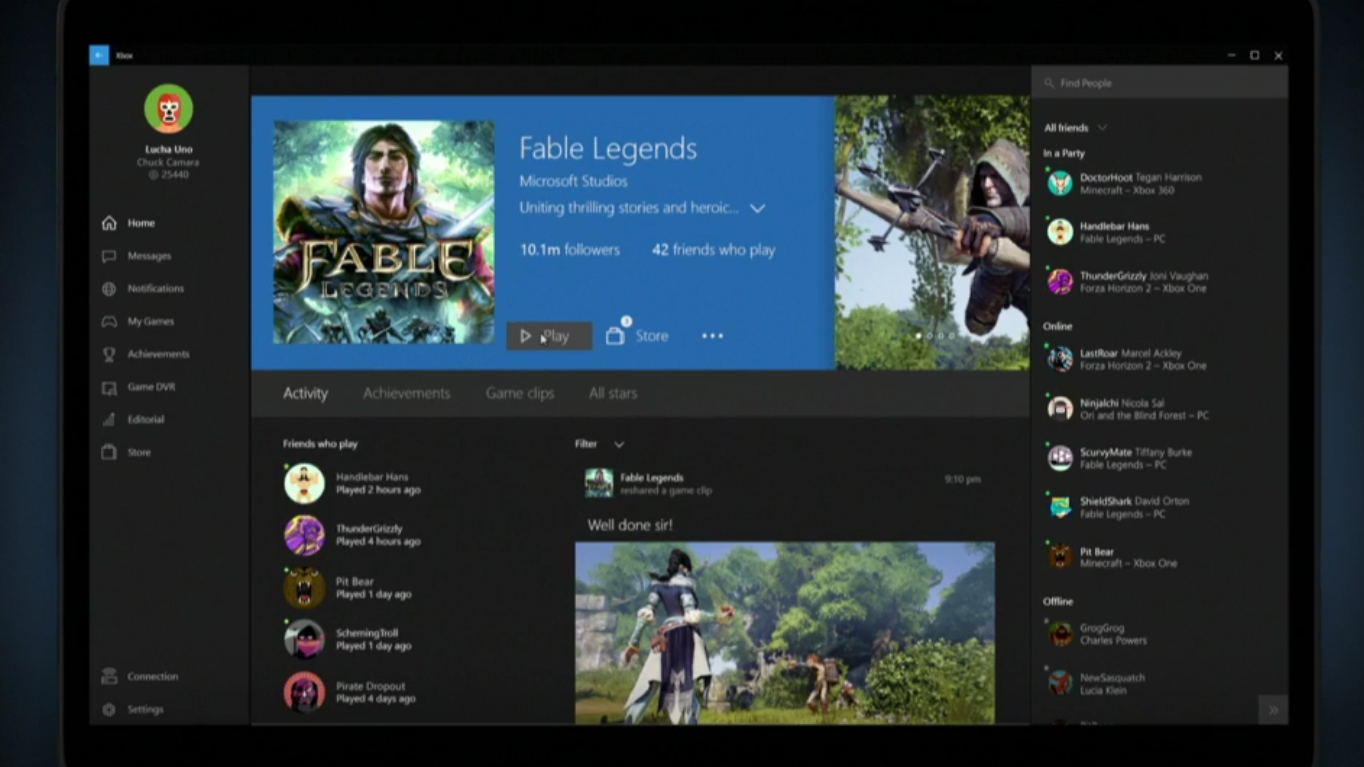
What can platform parity bring?
techradar: As the Xbox One and PC get closer to feature and development parity, what other sorts of exciting features can gamers look forward to in the future? Many are curious about more support for cross-play, as Microsoft is doing with Fable Legends. Do you think it could lead to letting users cross-buy games for both platforms?
Ybarra: We want to give gamers more people to play and compete with and give developers a broader audience for their content. By creating features like cross-platform play and cross-platform party chat, we're taking a big step towards those goals. We envision a world where people can play their content on the devices they want to, and cross-platform experiences can take unique advantage of that.
We really like our Xbox One Backward Compatibility program because we see developers like Bethesda giving away Fallout 3 to Xbox One customers who purchase Fallout 4. Innovative solutions like UGC (user-generated content) available on PC and console are just the beginning of new opportunities for the platform and our gaming fans. We have a long list of features but we're not ready to announce anything right now – they span technical features, development capabilities, and consumer purchase scenarios. We'll continue to listen to fans and act on their feedback.
Analysis
Thankfully, Microsoft's future vision for cross-platform play and chat is optimistic. Who knows if we'll eventually see future incentives like "Buy for Xbox One, get it free on Windows 10", but Ybarra offers up quite the tease near the end of the answer that has me excited for future announcements.
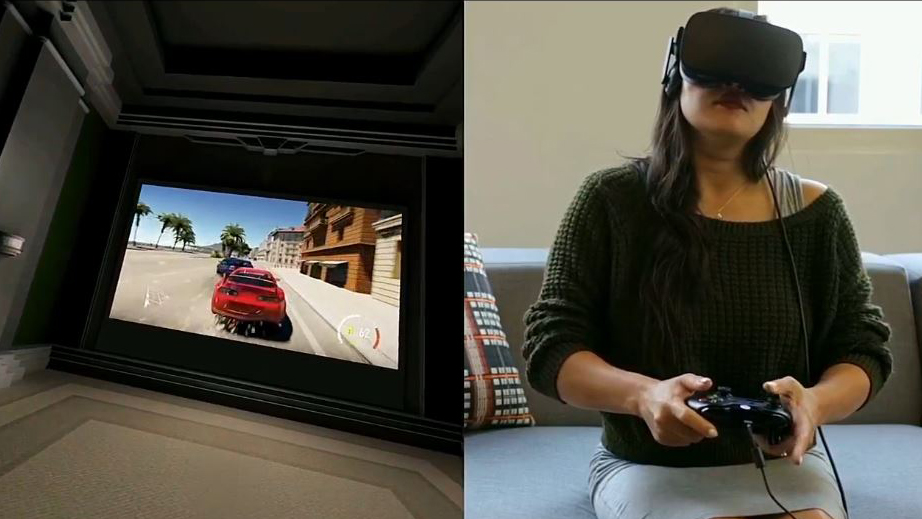
Oculus Rift on Xbox One
techradar: Microsoft announced an exciting, but unexpected partnership with Oculus, stating that each Oculus Rift unit would come with an Xbox One controller. It was also confirmed that gamers would be able to stream Xbox One games on the headset when gaming on PC. Will Xbox One gamers be able to take advantage of Oculus Rift when it launches? Will Xbox One ever offer native support for Oculus Rift, as it also will run on Windows 10 at the Rift's launch?
Ybarra: We're really happy with the continued partnership with Oculus and that people who buy the Rift next year will get to play games with the included Xbox One controller, as well as stream their favorite Xbox One games to Rift through Windows 10. We're actively working on game streaming from Xbox One to the Rift but we're not ready to say anything about release dates. We're working closely with all virtual reality partners to ensure Windows 10 is the best platform for VR.
Analysis
Microsoft is staying quiet on the nitty-gritty of its partnership with Oculus. Even so, confirming that Xbox One games will seemingly work out of the box with a Rift headset is something that the PlayStation VR headset can't do, or at least, it's a feature that hasn't been announced yet.
I'd love to see an Xbox One bundle that offers up the Rift inside the box. The price would likely be sky-high, but it'd be a quick and easy way for curious gamers to get into VR.
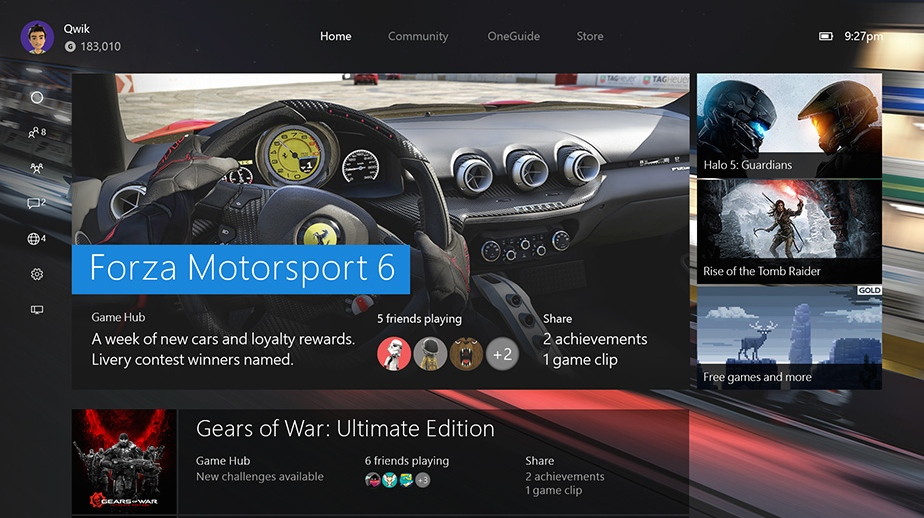
The future of Xbox Live
techradar: With the Xbox app in Windows 10 on the desktop, Xbox owners can now access more information than ever before, stream games from Xbox One to PC and record game footage out-of-the-box, so to speak. Can you detail how Microsoft is looking to offer more premium features across the platforms for both new and long-time Xbox Live subscribers?
Ybarra: Much like on the Xbox One console, our goal is to release regular updates and features that benefit consumers and developers and are inspired by fan feedback. We recently released an update for the Xbox app that delivered 1080p/60fps game streaming from your Xbox One, right click functionality on your friends, and more. We know we'll have people who play on both Xbox One and Windows 10, but also people who will only play on one device. So we're focused on delivering Xbox Live-enabled Windows specific gaming features that unite the two communities of gamers and expand their gaming social network. We will continue to listen to our fans and deliver more new features.
Analysis
The Xbox app is still in its early days, but Ybarra insists that, like its well-received and highly iterative Preview Program, Microsoft will continue to create new features based on your feedback.
As far as Xbox Live is concerned, we'll just have to wait and see what comes down the pipeline. Personally, I'm interested to see what sorts of premium features are included in future Xbox Live bundles. Maybe the features we all want, like cross-platform play, will be reserved for tomorrow's Xbox Live subscription.
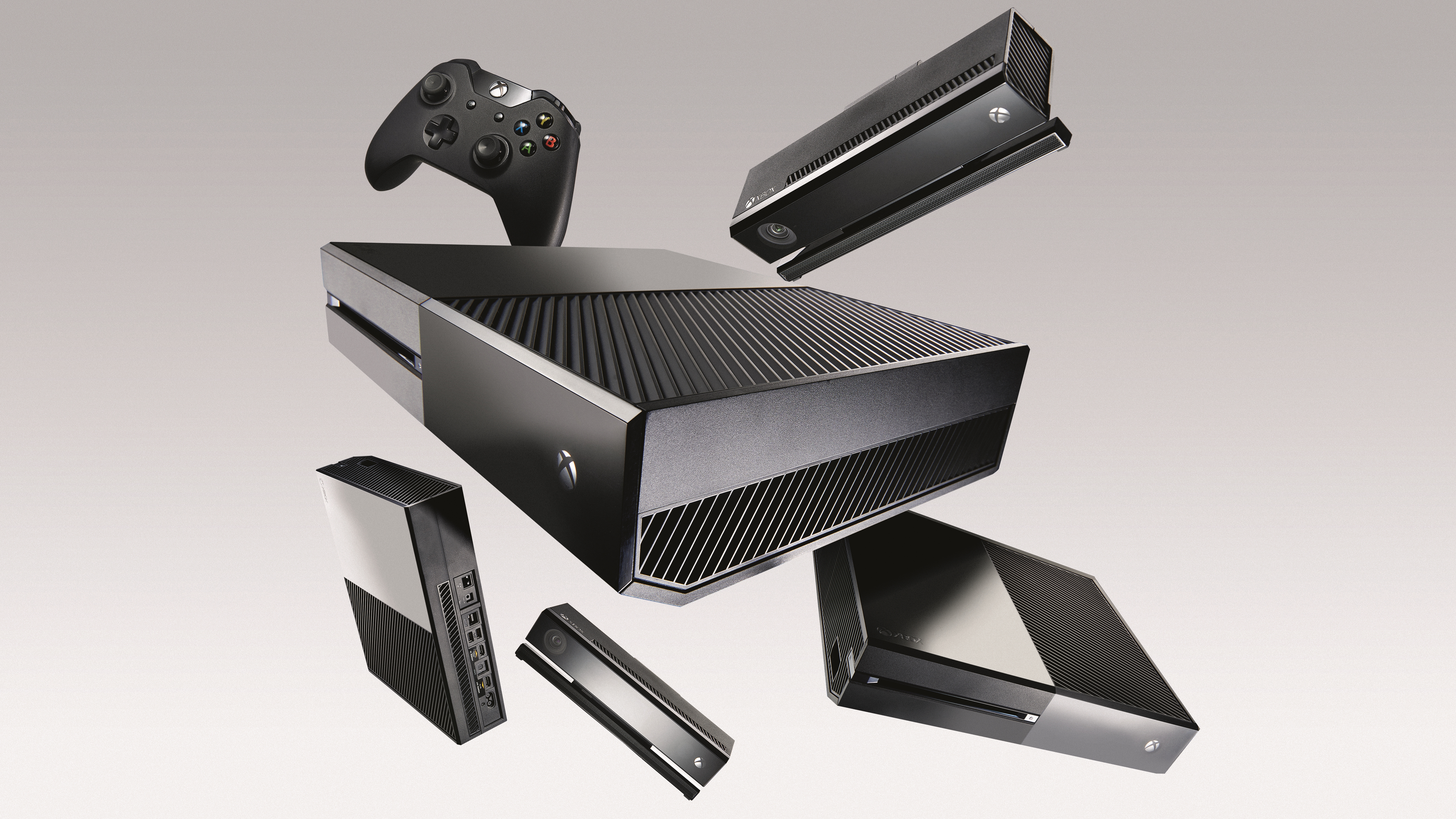
Conclusion
All in all, I'm feeling pretty optimistic about Windows' big splash onto a home console. The plans aren't fully laid out for everyone to see just yet, but the trickles of information we received at least prove that Microsoft is taking things seriously.
What sorts of features are you hoping for as Windows 10 takes over the core of the Xbox One?

Cameron is a writer at The Verge, focused on reviews, deals coverage, and news. He wrote for magazines and websites such as The Verge, TechRadar, Practical Photoshop, Polygon, Eater and Al Bawaba.